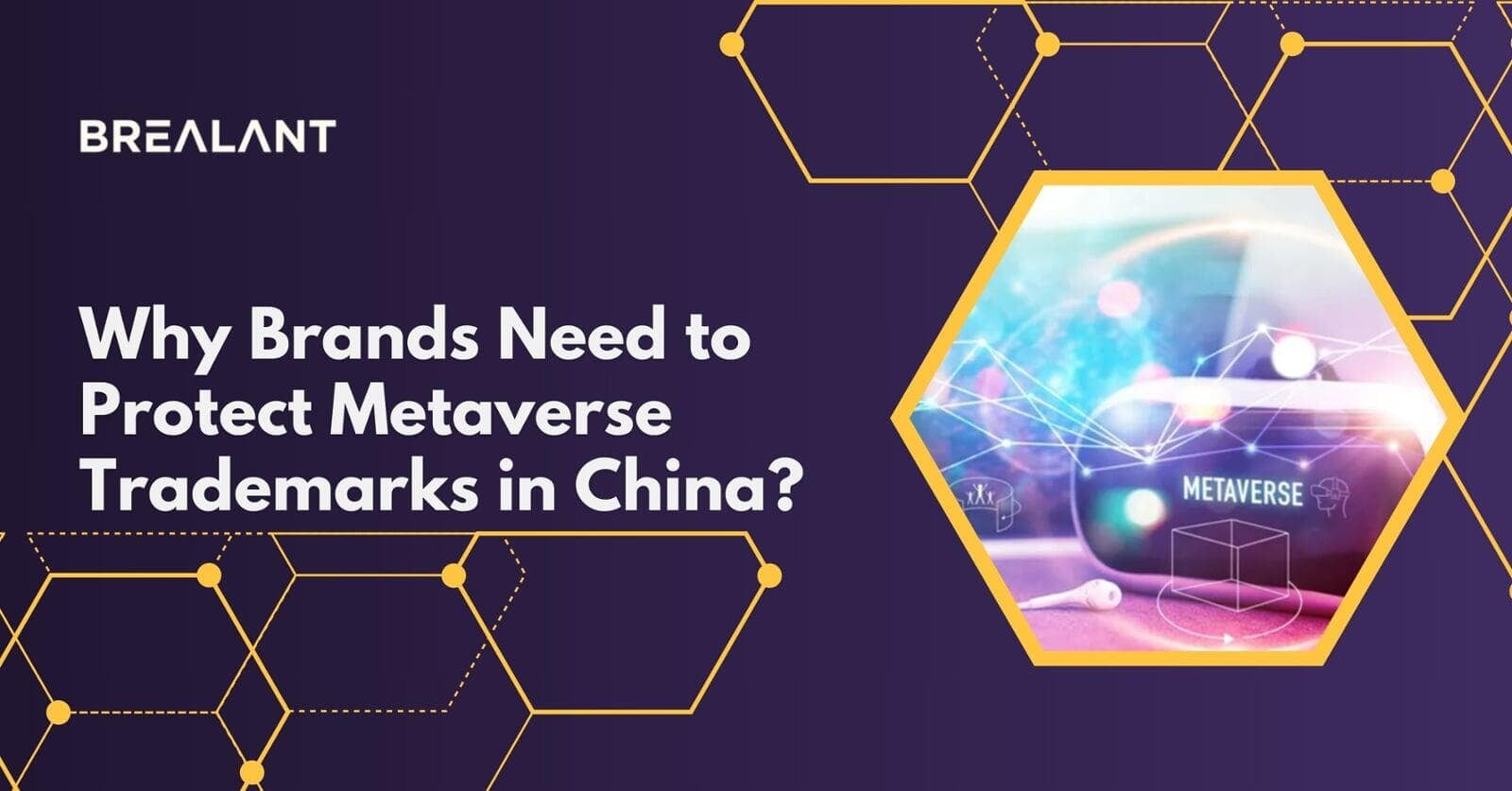
In China, there is a clear opportunity for metaverse trademark infringement, especially by well-known companies. The biggest businesses in the world may have trademark registrations for their physical goods or services, but they do not have equivalent registrations for their digital equivalents, which is why we are seeing such an avalanche of metaverse filings from them.
Metaverse is no stranger to litigation; they have been involved in several lawsuits in 2017 alone. But what exactly does Metaverse face legal trouble for, why this is such a big concern in the virtual world and why do these lawsuits matter? The answer lies within the company’s trademark rights.
Metaverse faces significant legal risk when its trademarks are used improperly by third parties. This is especially true in China, where trademark law can be extremely strict. If Metaverse trademarks are not properly protected, they could lose valuable market share and revenue in the virtual world. Furthermore, this could damage Metaverse’s reputation and tarnish the brand’s image.
What is Metaverse?
Metaverse is a blockchain platform with a digital asset, MVC, and an associated user ecosystem. It offers functionality for identity management, online trading and payments, smart contracts, and escrow services. In addition, Metaverse provides a decentralized application (DApp) development platform that enables developers to create and deploy blockchain applications.
What was the scenario?
Brand owners in China need to take steps to protect their Metaverse trademarks against unauthorized use. Metaverse, a cryptocurrency and an encrypted digital assets platform has been in the news lately because of a lawsuit filed by Chinese tech giant Tencent Holdings Ltd. (Tiano). The Shenzhen-based company is suing Metaverse for allegedly using its name and logo without permission. Tencent alleges that the Shanghai-based company copied its blockchain and gaming infrastructure technologies.
Tencent is not the only company with concerns about Metaverse’s intellectual property (IP). In March, Hotel Chain Okkus announced it was filing legal action against the Metaverse team in Singapore for allegedly infringing on its hotel booking technology. Hotel Chain okkus also complained about Metaverse’s failure to pay licensing fees and its rampant virtual world piracy.
Who is affected the most by the metaverse trademark infringement?
The financial and legal tools to safeguard their trademarks are available to bigger, more powerful brands. But less well-known companies who plan to expand into China are also impacted by the problem.
All sizes of businesses are popular targets for trademark squatters, who file applications in bad faith to prevent ownership by the legitimate owners of the mark, sell such applications for profit, or engage in virtual competition by producing counterfeit items or actually using the mark.
The first-to-file trademark policy is utilized in China, which means that whoever registers first for his/her brand or trademark, will have sole rights to it, regardless of who may have used it earlier. This helps new firms who might not be able to demonstrate that the trademark was being used at the time of registration, but it also makes it easier for registrations made in bad faith.
A thorough search of already-registered trademarks should be the first step in every application, followed by a close eye on any potential infringement. Because of this, the CNIPA offers a search engine online. If you believe a trademark application in China is infringing on your rights to use a mark or if you have already registered a mark, you have the right to challenge it. By submitting a complaint to the CNIPA, the procedure gets started. However, three months after the trademark is published, any foreign opposition must be submitted via a trademark agency in China.
The additional three months are available for the submission of supporting documentation. The CNIPA will thereafter, within thirty days of receiving the notification, send the opposing party your disagreement and any supporting documentation. The opposing side will then have three months to provide arguments in opposition to your position.
While protecting one’s IP is important for any business, it is especially important for brands operating in China due to prevalent piracy and competition from copycats. As Metaverse plans to expand into new markets, it is essential that it establishes strong brand protections in these areas so as not to lose market share to copycats.
Conclusion
As a business, it is important to protect your trademarks from unauthorized use. This cannot be overemphasized; protecting your trademarks can save you money and increase brand standing. Make sure you are diligent about policing your IP to protect your valuable assets!
As blockchain technology continues to grow in popularity, more companies are exploring opportunities to use it. However, not all of these companies are familiar with the legalities surrounding trademark infringement in China. As a result, they are inadvertently infringing on brands’ intellectual property. Why wait to protect your trademark? Get exclusive insight on intellectual property security and infringement from experts. Visit the official website of Brealant TM and learn about the laws as well as related aspects of IP in different countries of the world. Visit now!

